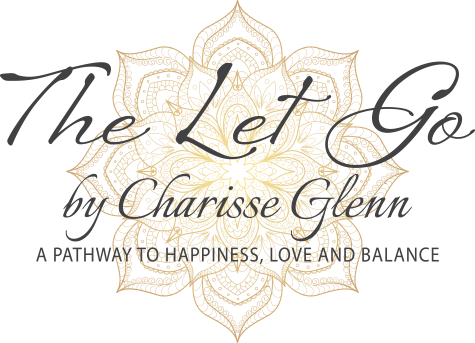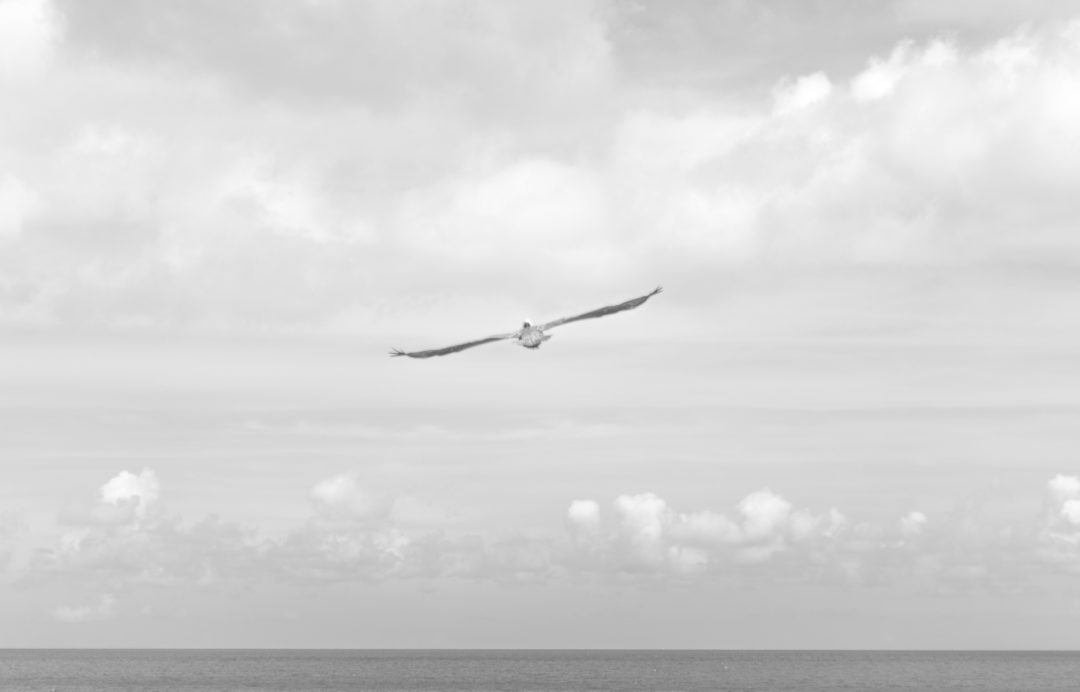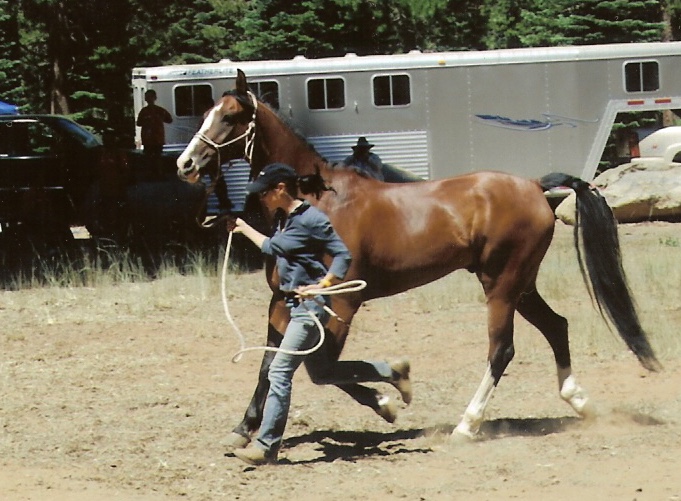Study the past if you would define the future.
―
Sharing our stories has become a means of connection. For those who have also weathered storms, it creates a bond of solidarity. These stories are worn as a badge of honor, a testament to our survival. The parallel of our experiences with others has made it okay to retell and relive what was. Once expressed, it can lead to healing, yet when is the retelling of it enough?
How we recall our stories determines the impact they have on our present lives. We have a choice whether to continue replaying and re-experiencing past events or move past them. How we use our past is the key to our future.
The extent of adversity is not the defining factor in overcoming it. It is defined by how we assimilate it and alter our perspectives to gather what can be learned. Then, we acknowledge it, experience it, and move on. The narratives we use to describe our past will directly influence how we perceive and shape our current reality.
The stories of those who can push beyond their trauma are endless. Their ability to turn horrendous events and experiences into stepping stones is noteworthy. The commonality of these people is that they did not allow their trauma to hold them back; instead, they used it to propel them forward.
At 13 years of age, Bethany Hamilton lost her arm to a shark attack while surfing on Kauai. During her subsequent interviews, she referred to it as a “little bump in the road.” Nevertheless, she says she trusted God had something beautiful planned for her, coming from a terrible circumstance.
Turning the tables on the trauma, she recounted her story with an inspirational and uplifting anecdote. As a result, she became the subject of a film, an author who inspires millions, a pro surfer, and a mother of tw.,
Another story of survival is of Eva Mozes Kor and her twin sister Miriam, who endured horrific genetic medical experiments while in the Auschwitz concentration camp. At the trial of one of the last Nazi war criminals, Eva and several other survivors were there to testify against him. Eva, alone, approached him, taking his hands in hers; she looked him in the eye and forgave him.
“Forgiveness is not so much for the perpetrator, but for the victim.”
Eva Mozes Kor
The thread that joins these two very different stories is their ability to move past the horrors, finding something positive to move onward with their lives.
If we see life as a timeline, we would recognize that adversity or trauma is just a moment, yet we often define our life as before or after the incident. We cannot erase the past; we do not deny the wrongness of what has happened. By releasing the moment in time, we unchain ourselves, no longer held hostage to a past that no longer exists.
Life comprises various circumstances and experiences; we are the total of those happenings. They contribute to our perspective on life, yet we do not need to allow them to define us. Instead, they shape us, pointing us toward our learnings. Understanding each one, big or small, is just one of the thousands of situations presented by our teachers. Shifting our mindset is a way to stop the pain because the past is gone; it can only harm us if we allow it.
To live a life full of possibilities happens when we can live in the present. Becoming a self-actualized individual begins with acknowledging our past experiences, letting go of the hurt, and then carrying the lessons forward. Letting go of the hurt doesn’t evaporate the scar, yet letting go lessens the attachment we have to holding on to something entirely out of our control to change. Our scars, whether they are visible to others or only to ourselves, are the foundation upon which we have built our lives.
In the words of George Harrison: It’s here now that’s important. There’s no past, and there’s no future. Time is a very misleading thing. All there is ever is the now. We can gain experience from the past, but we cannot relive it, and we can hope for the future, but we do not know if there will be one.
George’s words remind us to be here now, go forth, live the life we always dreamt of, and let go of all that no longer serves our highest good.
No one saves us but ourselves. No one can and no one may. We ourselves must walk the path.
―





